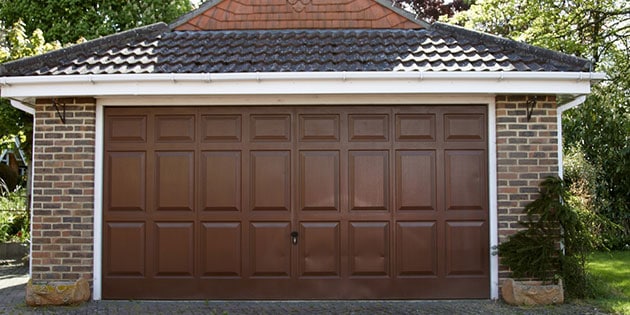Landlord Insurance Explained
A Landlord insurance policy is the type of policy you need if you own a property that you are renting out to others.
It is also referred to as a Dwelling Fire policy.
As a landlord you have many options for the types of coverages you may choose on your policy.
Not all policies and companies are created equal and most people never read the policy once it is issued. Use a qualified agent to make sure you get the right policy for you.
Here is an overview of the coverages you may need as a Landlord.
Dwelling Coverage – Coverage A on the quote.

This is the amount you get to rebuild your home if it is destroyed.
This is not the market value of your home.
The market value may be higher or lower than the cost to rebuild.
The insurance company is not looking to buy you a new home, they are rebuilding your home.
Make sure you tell your agent about the materials used for flooring, counters, cabinets, etc.
Each company estimates what the cost is to rebuild the home based on the features of your home and the materials used to build it.
You need to insure your home for 100% of this estimated value.
Each company has software to do this estimate on their website and the amount can vary between companies.
The typical cost to rebuild in Arizona is $100 – $125 per square foot for a tract home, but this can vary.
Other Structures – Coverage B on the quote.

This is the amount you get to rebuild other structures on your property that are not attached to the home.
This would include sheds, pools, guest houses, barns, stalls, casitas, and detached garages.
Most companies automatically give 10% of what your dwelling amount is for this coverage.
If your Coverage A – Dwelling is $200,000 you would get $20,000 to rebuild any other detached structures on your property.
You can increase this amount if necessary so make sure you tell your agent about anything built on your property so you have enough coverage.
Personal Property – Coverage C on the quote.

This is how much money you get to replace all of your personal contents in the home.
The most important thing is to make sure you have Replacement Cost Coverage.
This means you will get to replace the item lost with a new item at full cost.
If you only have Actual Cash Value then you only get paid for the cost of what it would be to buy a used item.
Most companies give you between 50% – 75% of what the dwelling amount is for this coverage.
If your Coverage A – Dwelling is $200,000 then you would get between $100,000 to $150,000 for your personal contents.
Be careful, your personal contents add up faster than you think.
Make a video of everything in your home and store it off site.
That way if you have a fire or other disaster you can easily show the claims adjuster what you need to replace.
Rental Income Replacement.

This coverage is used when the home cannot be occupied while it is being repaired or rebuilt due to a covered issue under the policy.
The rental income you lose during that period is paid by the policy up to the limit of this coverage.
Compare the cost of this coverage to your ability to absorb the cost of loss rent if an issue arises and then make sure you choose enough coverage for your comfort level.
Personal/Premises Liability

This amount is how much the insurance company will pay to someone who files a claim against you for an incident the say you are responsible for.
For example, someone trips and breaks a hip on your property.
You may be liable for medical costs, lost wages, and pain and suffering.
You want to make sure to have enough coverage so the person will settle and not take you to court.
In most cases, to be held responsible for an injury on the premises, the landlord or property manager must have been negligent in maintaining the property, and that negligence must have caused the injury.
The following must be proven for a landlord to be held liable:
– It was the landlord’s responsibility to maintain the portion of premises that caused the accident.
– The landlord failed to take reasonable steps to avert the accident.
Fixing the problem (or at least giving adequate warnings) would not have been unreasonably expensive or difficult.
– A serious injury was the probable consequence of not fixing the problem (the accident was foreseeable).
– The landlord’s failure — his negligence — caused the tenant’s accident.
– The tenant was genuinely hurt.
Another item that can vary between companies is what happens to your coverage when your property is vacant.

Some policies reduce or eliminate some of the coverages if your property is vacant more than 30 days.
You may lose coverage for water damage or vandalism and malicious mischief as an example.
Make sure you address this issue with your agent.
Make sure you do not just shop by price.
The right coverages matter.
When you file a claim and find out you owe thousands, you realize cheaper is not better.
I am here to make sure you get the right policy to protect you and make sure your insurance experience is a happy one.
Sondra Wendt – 623-297-1475
Independent Agent
EZ Insurance Solutions
Want to See if You Have the Best Landlord Insurance for the Best Price?
Compare Quotes© 2020 Sondra Wendt Independent Agent with EZ Insurance - All rights reserved.
Anti-Spam Policy | Copyright Notice | Disclaimer | Privacy Policy | Social Media Disclosure | TOS
